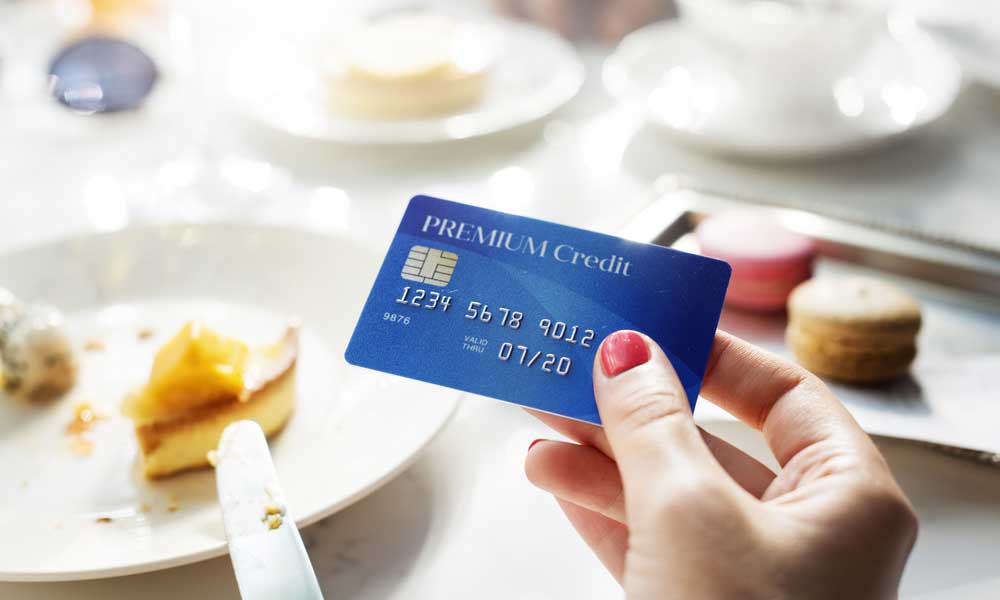Credit cards have both benefits and drawbacks. It is wise to consider both before applying for a credit card. While they can be very useful, credit cards can also be risky. Even people who are usually good with their money get into trouble with credit cards. A credit card can be useful, but may also end up putting you in a difficult financial situation if misused.
Here are some of the benefits of credit cards:
- Withdraw cash 24 hours a day, anywhere in the world.
- Buy online. It is the quickest and easiest way, and you are protected against credit card fraud.
- Repay in regular instalments. Typically, these incur interest.
- Usually, there is an interest-free repayment period, which you can use to repay your debt in full, interest-free.
- One of the main benefits of using a credit card rather than a debit card is the protection provided by the Consumer Credit Act. This says that if you have problems with goods or services you can get your money back from the card issuer if you can’t get it back from the supplier.
- Some cards provide purchase protection insurance, which pays out if something you have bought with the card is lost, damaged, or stolen within ninety days of the date of purchase.
- A credit card can cost nothing – if you pick a card that doesn’t charge an annual fee and you always pay the bill in full every month.
- A credit card can save you money if you choose one that earns you cash every time you buy something. How much cash you get back is calculated as a small percentage of the amount you have spent on the card. Some cards offer incentives other than cash – Air Miles or shopping vouchers, for instance.
- Even if you do not pay your monthly bill in full, a credit card can be cheaper than running an overdraft on your current account, especially if your bank charges a monthly fee as well as interest when you overdraw.
- Using a credit card can work out cheaper than using traveller’s cheques or foreign currency to pay for things abroad. This is because the exchange rate used by card companies to convert foreign spending into sterling is better than normal tourist rates. However, because of credit card charges for cash withdrawals, a debit card is better if you want to use plastic to buy currency, whether over the counter or from a foreign cash-machine.
- You can give to charity for free if you sign up for a charity credit card.
- Credit cards are often cheaper than loans for short-term borrowing. You pay interest on the remaining debt, not the full amount – and there are no early redemption penalties.
- Credit cards offer flexibility to match uneven income and expenditure patterns: you choose what to pay off each month, between the minimum and the total outstanding.
- Their consolidated accounting enables one cheque to settle multiple transactions – while all appear neatly on one pre-prepared statement each month.
- There is an automatic ‘interest free’ period per statement period.
- Credit cards enable remote purchasing via the internet, by telephone or mail order.
- Credit cards can include additional benefits like insurance cover on purchases, cash-back, AirMiles, Nectar or Reward points, and holiday discounts.

Here are some of the drawbacks of using a credit card:
- Credit cards can be unnecessarily costly.
- Credit cards may be expensive for cash withdrawals
- Credit cards may be expensive for foreign currency purchases.
- Their credit limits can be insufficient for your requirements.
- They encourage a ‘pay now, worry later’ mentality and make it too easy to get into debt.
- Credit cards are very open to fraudulent use.
About the author
John Mussi is the founder of Direct Online Loans who help UK homeowners find the best available loans via the www.directonlineloans.co.uk website.

